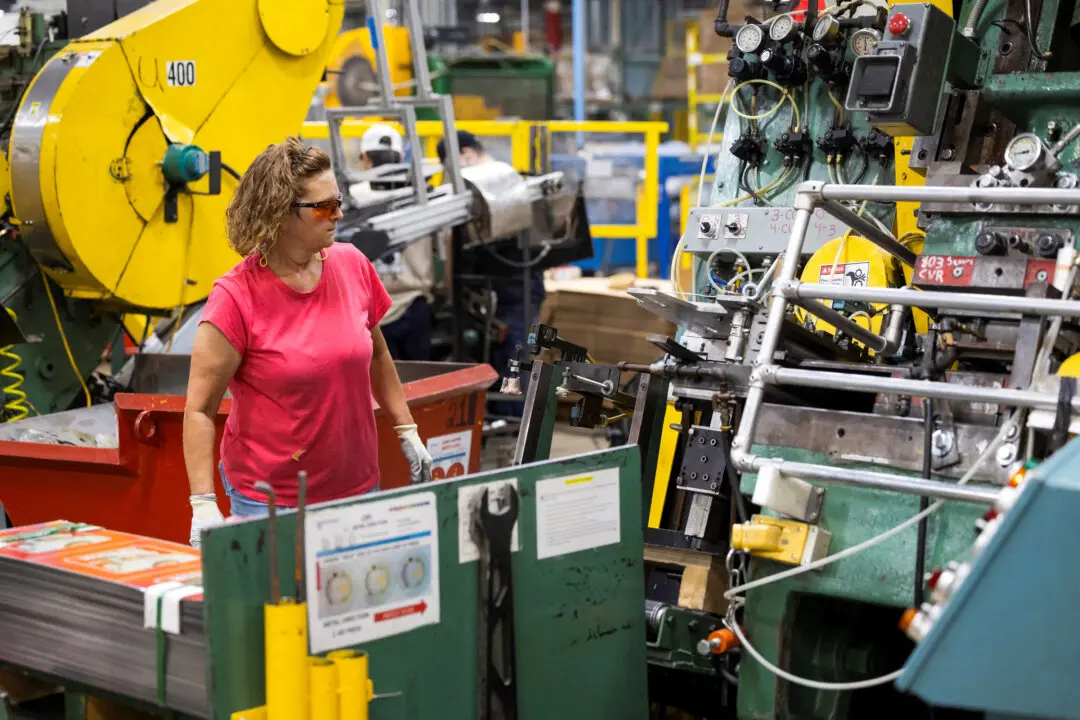One of the world’s largest agricultural trading companies, Archer Daniels Midland Co. (NYSE: ADM), doubled its net profit in the second quarter and beat analysts’ expectations, partly because of the U.S.–China trade war.
ADM is among many S&P 500 companies that have weathered growing trade tensions to report strong results in the second quarter of 2018.





